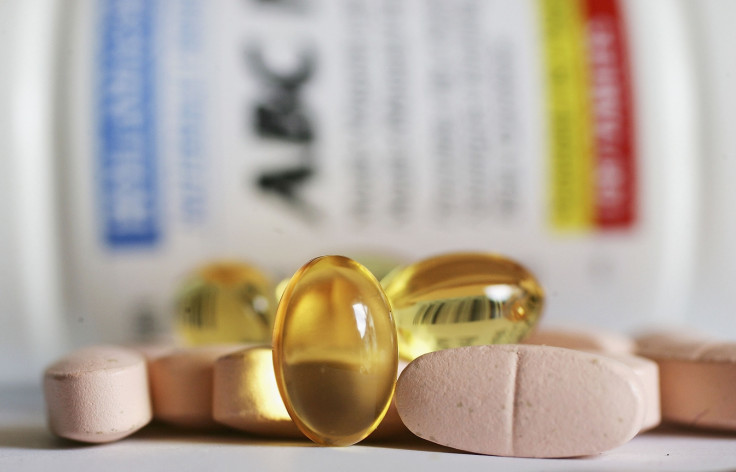How to get the new recommended amount of vitamin D in your diet
At risk of developing a deficiency, 23% of adults between 19-64 have low levels of vitamin D

New advice from Public Health England (PHE), released on 21 July, is telling people that it may be advisable to take vitamin D supplements during the winter and autumn. But without tablets, can you get the recommended amount? The health body suggests that the lack of sunlight may make it difficult to get the recommended amount through diet alone.
The recommended level of vitamin D is 10 micrograms a day – vitamin D "regulates the amount of calcium and phosphate in the body, both needed for healthy bones, teeth and muscles," according to PHE. Though vitamin D can be found in dietary sources, most people get it from exposure to sunlight.
During the darker months "everyone will need to rely on dietary sources of vitamin D", said PHE, but getting the 10 micrograms from foods alone may prove difficult, therefore "people should consider taking a daily supplement containing 10 micrograms of vitamin D in autumn and winter".
How much of the following foods would you have to eat per day to get the recommended vitamin D?
- 1 1/2 cans of tuna in oil
- 21 raw egg yolks
- 12 sardines canned in oil
- 1 fillet (112g) raw mackerel
- 238g of cornflakes (11 bowls)
The advice comes after a review of evidence by the Scientific Advisory Committee on Nutrition recommended the 10 microgram daily intake. The review also said that some members of the public are more at risk of a deficiency and should consider take a supplement all year round: people who get little exposure to sunlight because they live in institutions like care homes, people who cover most of their skin when outdoors, and people with a darker skin colour.
A deficiency in vitamin D can lead to conditions of the bones such as rickets and osteomalacia. According to the most recent data, 23% of adults between the ages of 19 and 64 have low levels of vitamin D in their blood, putting them at great risk of developing a deficiency.
Some foods are fortified with vitamin D while others like oily fish, red meat and egg yolk, have it naturally.
Head of Nutrition Science at PHE, Dr Louis Levy, summed up the new advice: "A healthy, balanced diet and short bursts of sunshine will mean most people get all the vitamin D they need in spring and summer. However, everyone will need to consider taking a supplement in the autumn and winter if you don't eat enough foods that naturally contain vitamin D or are fortified with it. And those who don't get out in the sun or always cover their skin when they do, should take a vitamin D supplement throughout the year."
© Copyright IBTimes 2025. All rights reserved.






















